Frustrated with which dating app to use? Unable to find “the one”? Spare a thought for some of the animal kingdom, where humanity has hampered their efforts to find a mate.
Humans have destroyed or polluted animal habitats. But perhaps the most obvious way that we have affected animals is by placing barriers, such as roads, between populations, making it hard for individual animals to reach each other. In response to this habitat fragmentation, reptile and bird species have increased the distances they move by 35% and 50% respectively.
Here are five more ways that humans have scuppered the love lives of animals.
Noise pollution causes animals to sing louder
Song is hugely important for birds and some other animals, as it indicates their fitness – those who sing louder, or more elaborately, are better able to defend territories against rivals and attract higher quality mates. But city-living great tits have to sing at a higher frequency than those in rural areas, in order to be heard over the sound of low frequency urban noises, such as traffic and machinery. They also sing faster, shorter songs.
Bildagentur Zoonar GmbH / shutterstock
And its not just terrestrial animals that have changed their behaviour in response to humans. As oceans are largely dark, most marine animals rely on non-visual cues, such as sound, to help them find food, navigate and attract mates. Although some whale song can be over 180 decibels in volume – comparable to the sound of a rocket launch – and heard thousands of miles away, ocean noises caused by humans can be even louder.
Not only does noise pollution make it much harder to communicate to potential mates, it has also been linked to more frequent strandings, reduced growth and low fertility in whales and dolphins. Narwhals, for example, have even responded to loud noises by diving deeper into the oceans, using up vital resources that they could be putting into reproducing.
Human disturbance makes mammals more nocturnal
Given that humans are daytime dwellers, it’s not surprising that some animals have developed nocturnal habits to avoid coming into contact with us. Animals often practice this sort of risk avoidance, but typically they move in space – away from us. With a reduction in available space, animals are also moving in time.
Mammals have been found to become more nocturnal in response to human disturbance. This disturbance could be anything from hiking to hunting: animals tend to view all human activity as threatening, whether it is or not.
For example, large male brown bears become more nocturnal when humans are present. But this creates less competition for food during the day. Consequently, the females stick to their daytime activity, essentially separating the males and females in time, and making it increasing difficult to find a mate that won’t fall asleep on them.
Introduced species hybridise with locals
Species that are introduced to areas where they are not usually found, whether on purpose or by accident, often wreak havoc on the native animals, spreading disease and out-competing, or even preying, on them.

smutan / shutterstock
The ruddy duck was unintentionally introduced to Great Britain from North America around 75 years ago, and quickly spread throughout western Europe. After finding their way to Spain, they mated with the endangered white-headed duck, managing to produce fertile offspring and a new hybrid duck. This is pushing the white-headed duck to extinction – not good if you are a white-headed duck looking for love.
Chemical pollution turns males into females
Imagine searching for a reproductive partner only to find none of the opposite sex. This is the unfortunate situation some fish have found themselves in.
Some streams, containing wastewater or effluents, are polluted with synthetic oestrogens from birth-control pills. A study on fathead minnow fish found that increased levels of synthetic oestrogens caused males to have less developed testicles and early-stage eggs. The fish that developed these intersex traits – both male and female characteristics – were found to have fewer and less mobile sperm, which reduced their fertilisation success. This can lead to less sustainable populations, ultimately resulting in extinctions – hardly a good way to find love.
A rubbish Valentine’s Day gift
Animals often ingest plastic and other rubbish, or becoming tangled in it. But rubbish isn’t entirely bad news for all animals.
For instance, birds often use human-made materials when building nests, implying that some species are intentionally using rubbish to show off to members of the opposite sex. One particular species, the satin bower bird, constructs highly ornate bowers – stages where the males show off to the females – decorated with blue items. The more complex the bower, the better the mating success.
Ken Griffiths / shutterstock
But, as there are relatively few blue items in nature, the males now decorate their bowers with as many bright blue items of human rubbish as possible, including bottles tops, crisp packets, pegs and even blue condom wrappers. So, although humans are making it increasingly difficult for animals to survive and reproduce, for this particular bird, beauty really is in the eye of the beholder.

Don’t have time to read about climate change as much as you’d like?
Get a weekly roundup in your inbox instead. Every Wednesday, The Conversation’s environment editor writes Imagine, a short email that goes a little deeper into just one climate issue. Join the 40,000+ readers who’ve subscribed so far.

The post “Five ways humans have scuppered the love lives of animals” by Louise Gentle, Principal Lecturer in Wildlife Conservation, Nottingham Trent University was published on 02/13/2025 by theconversation.com



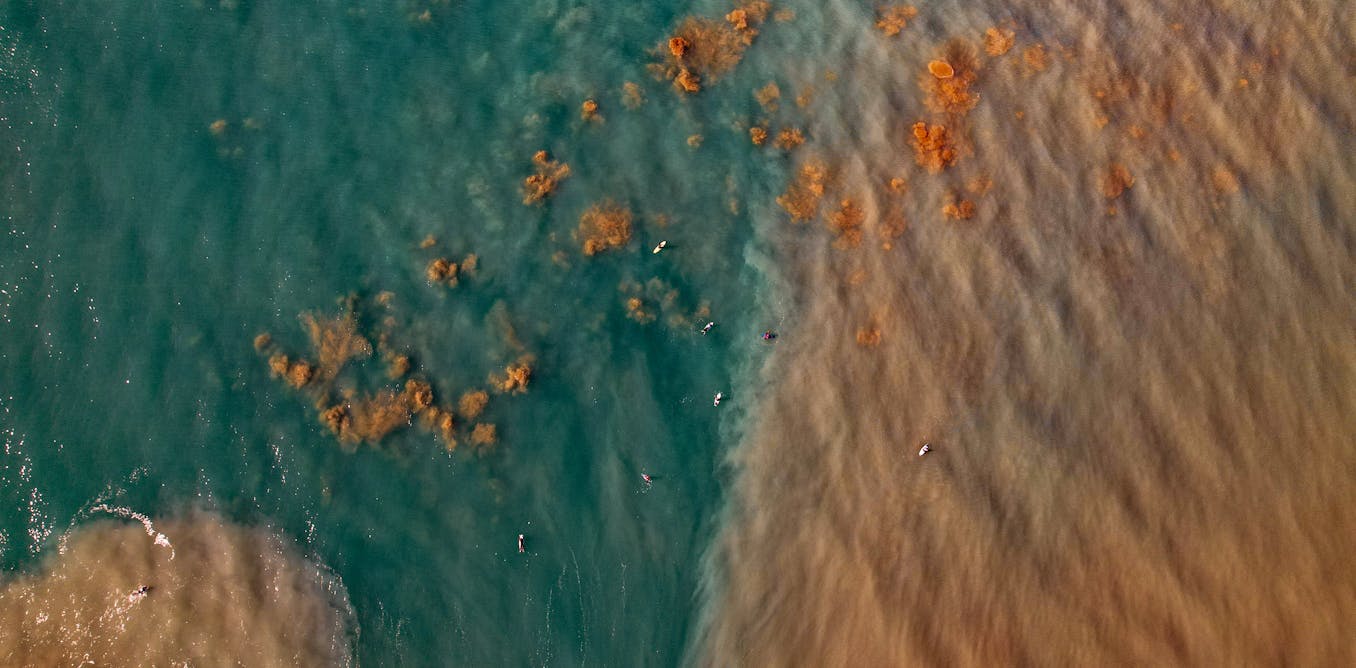

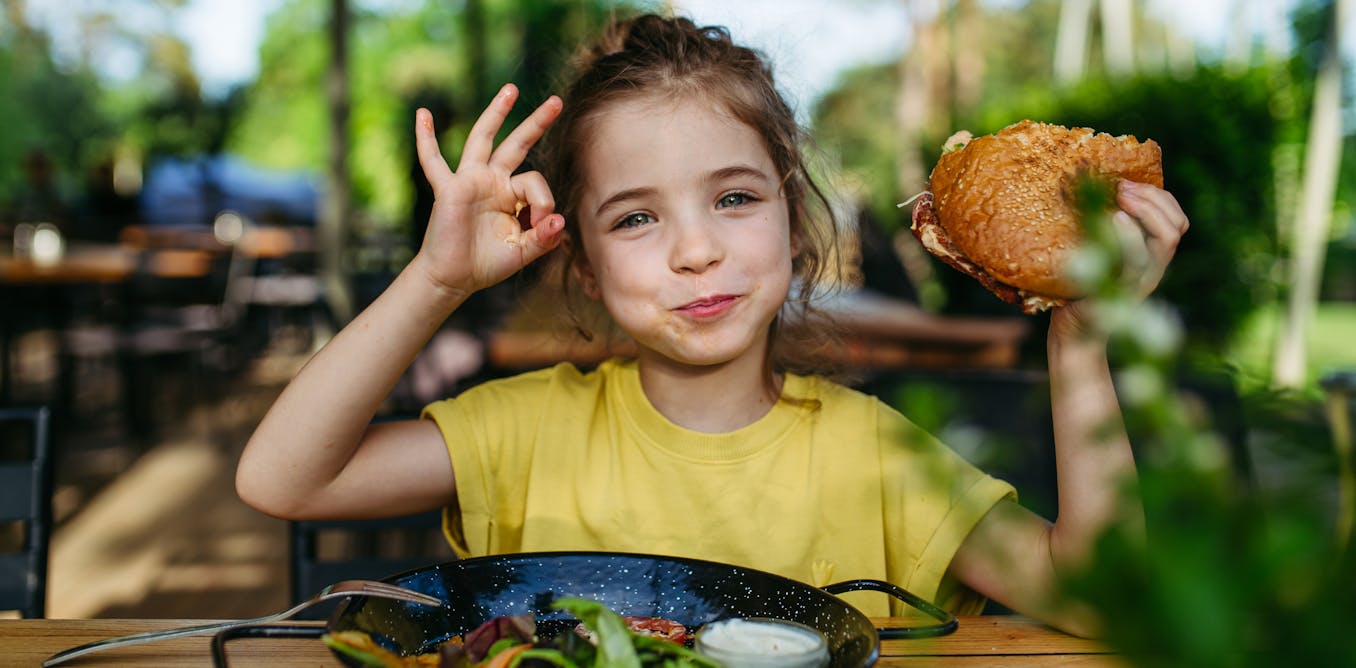

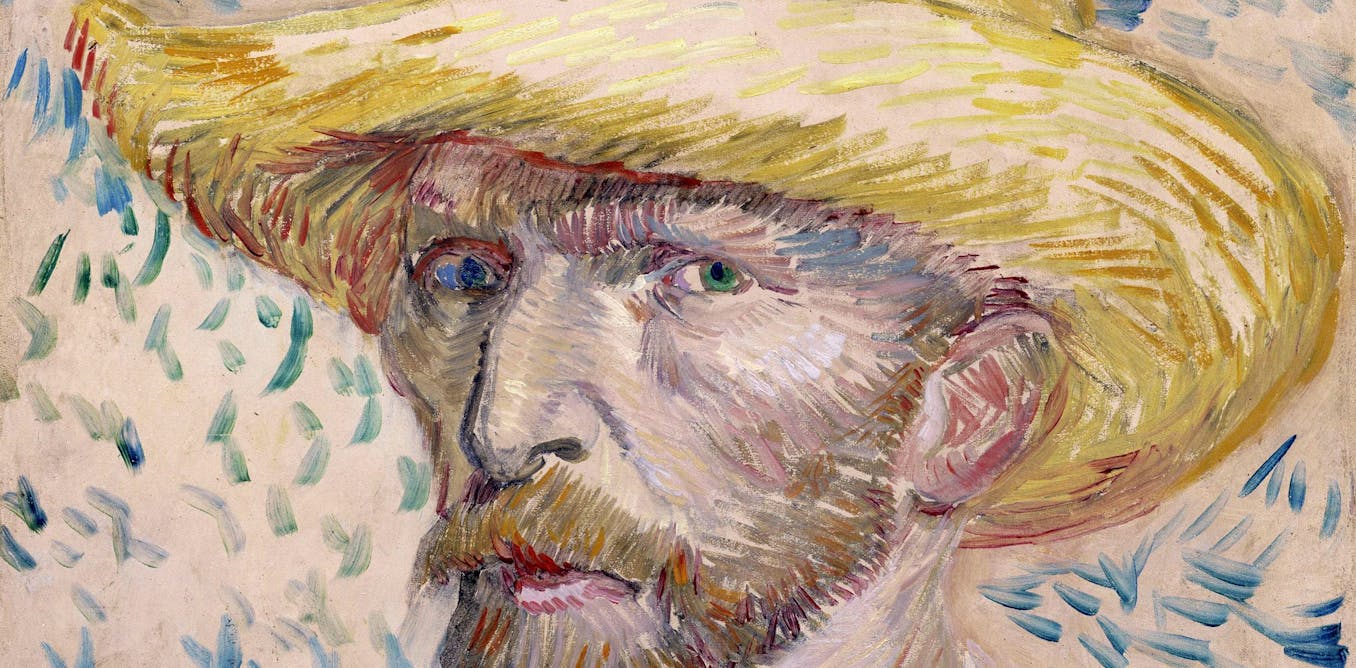

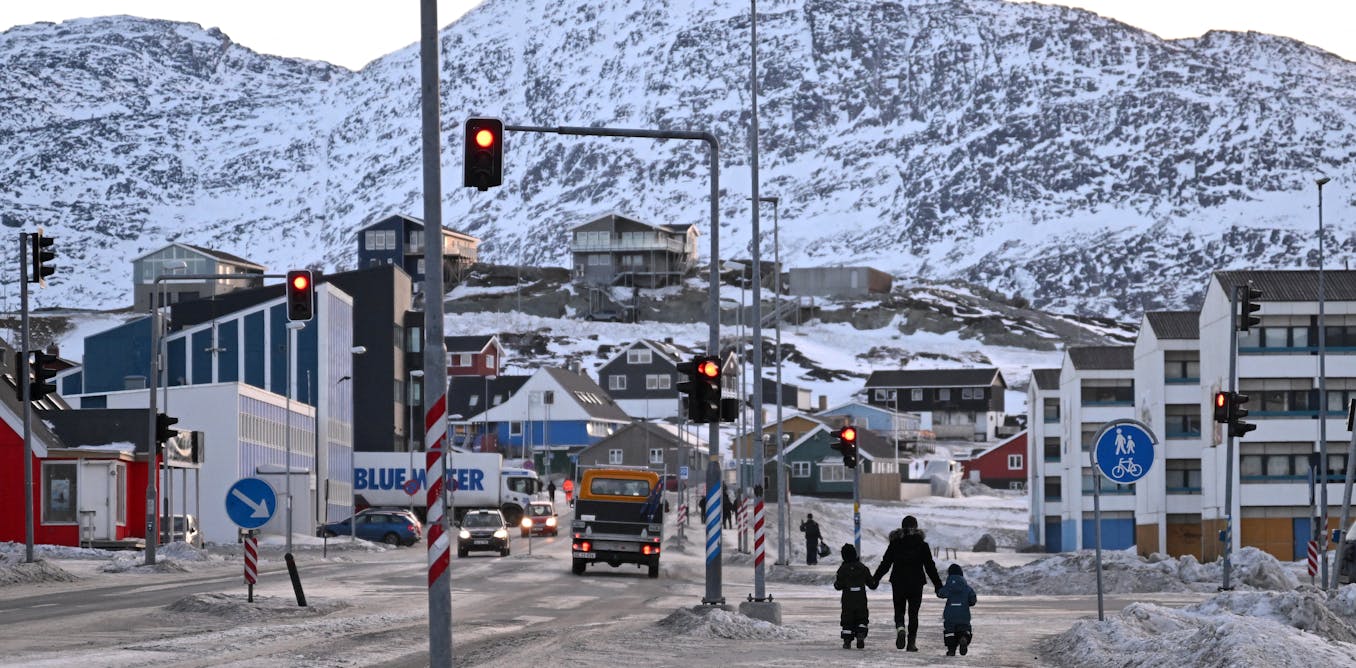
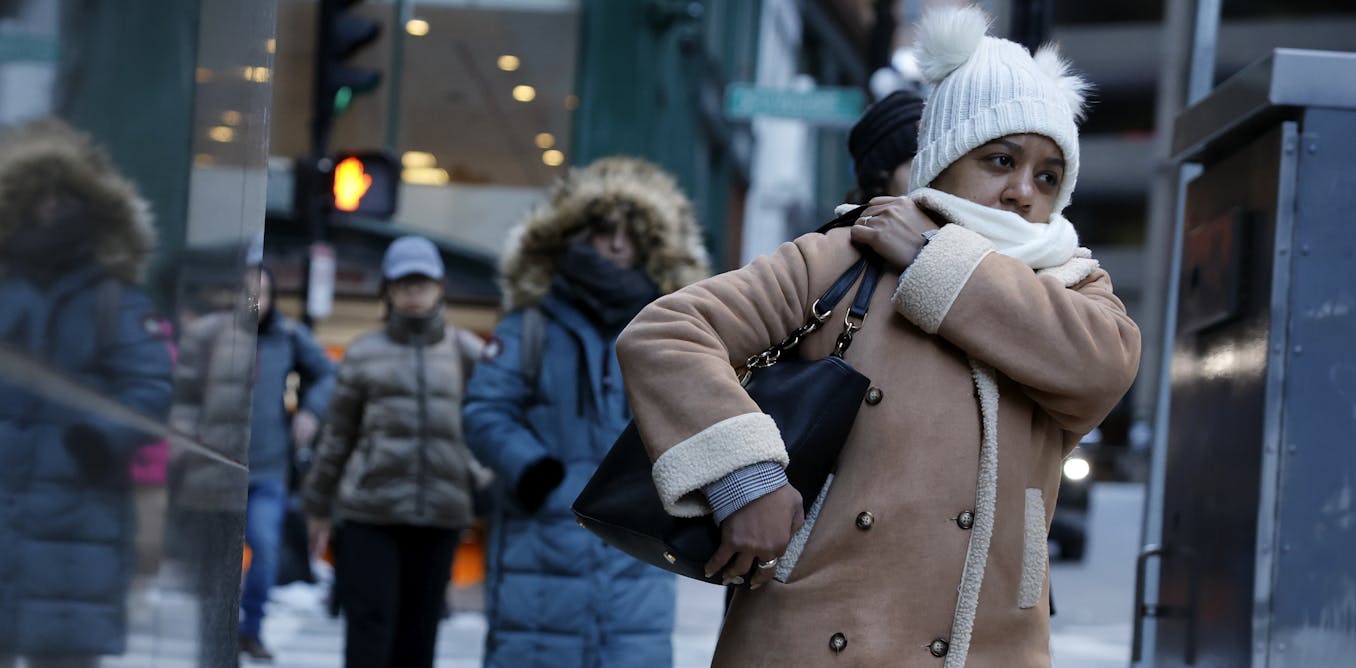
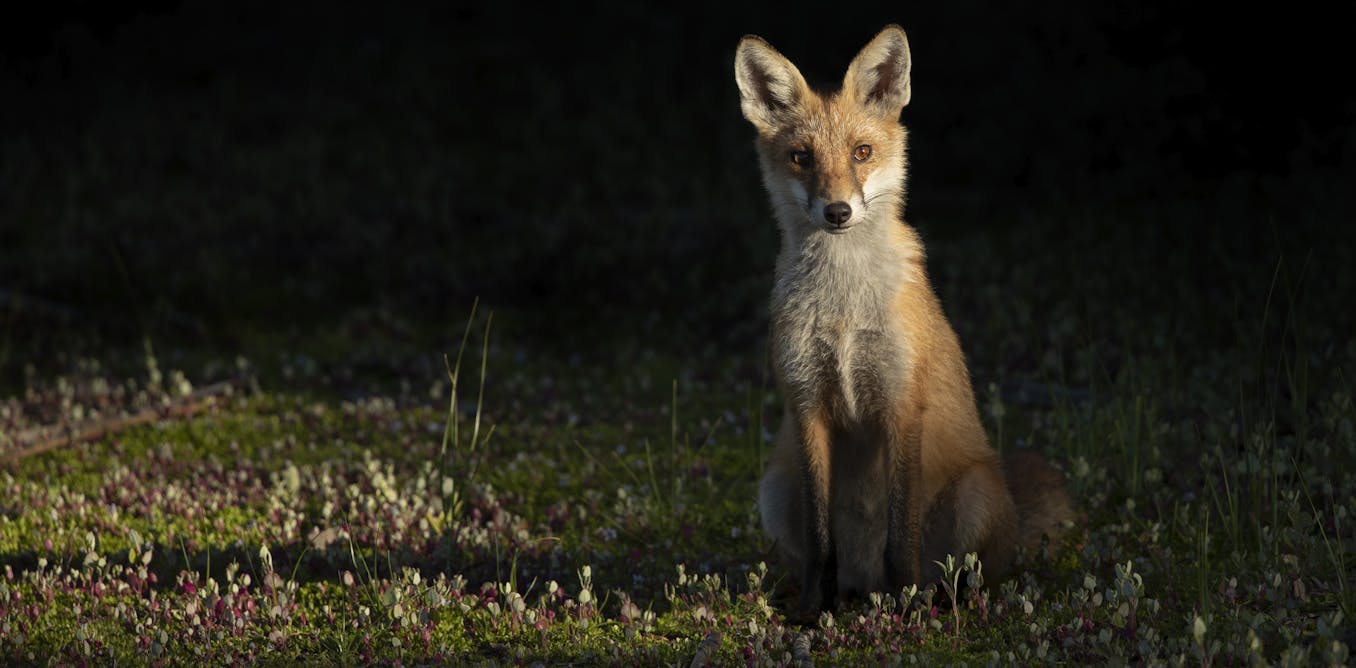
















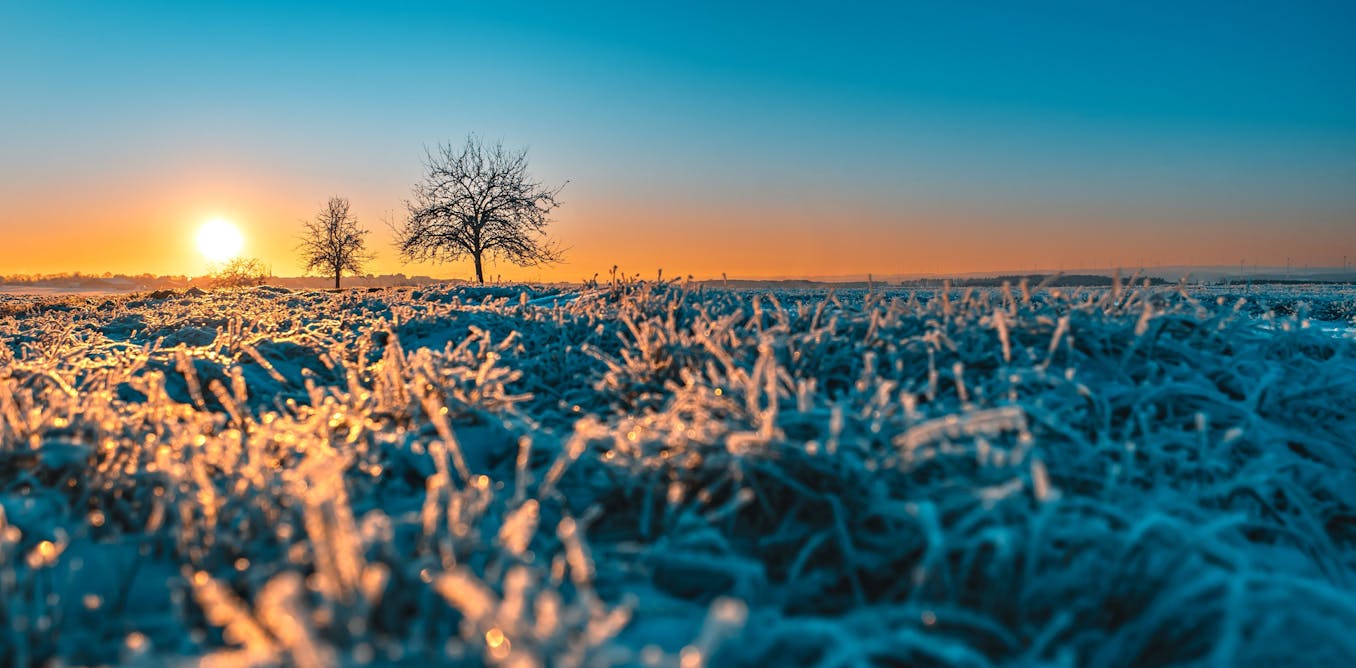
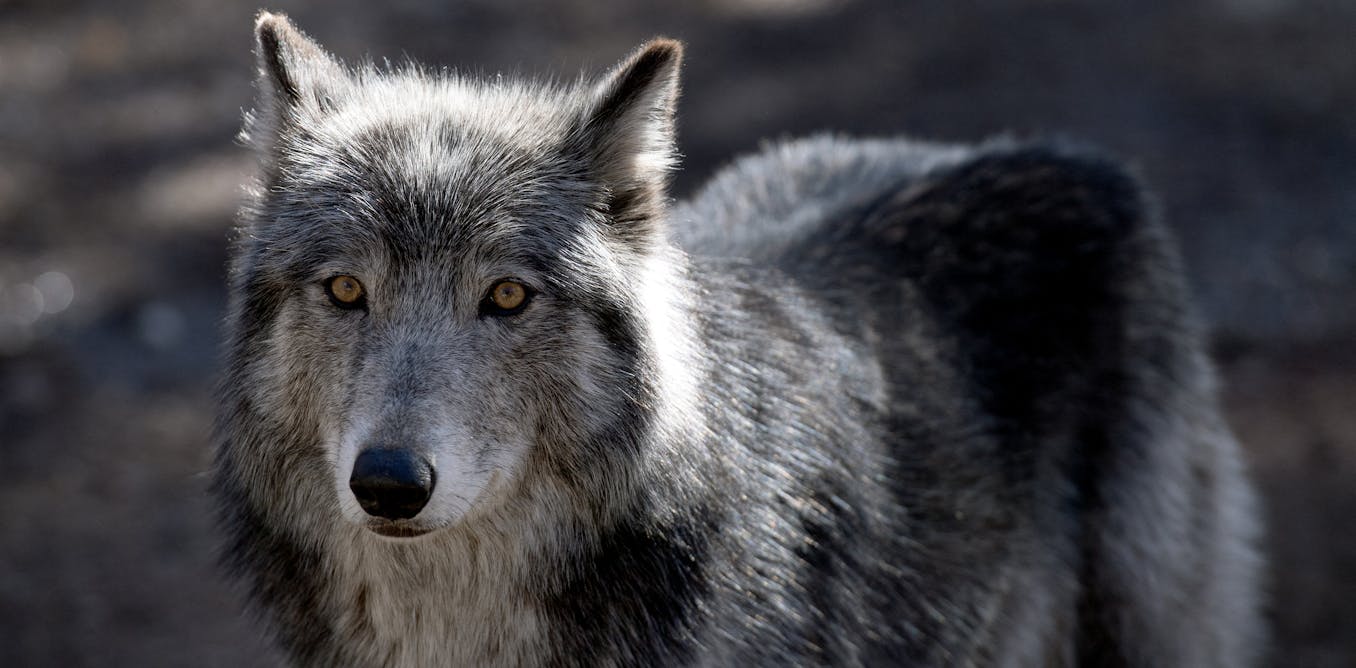
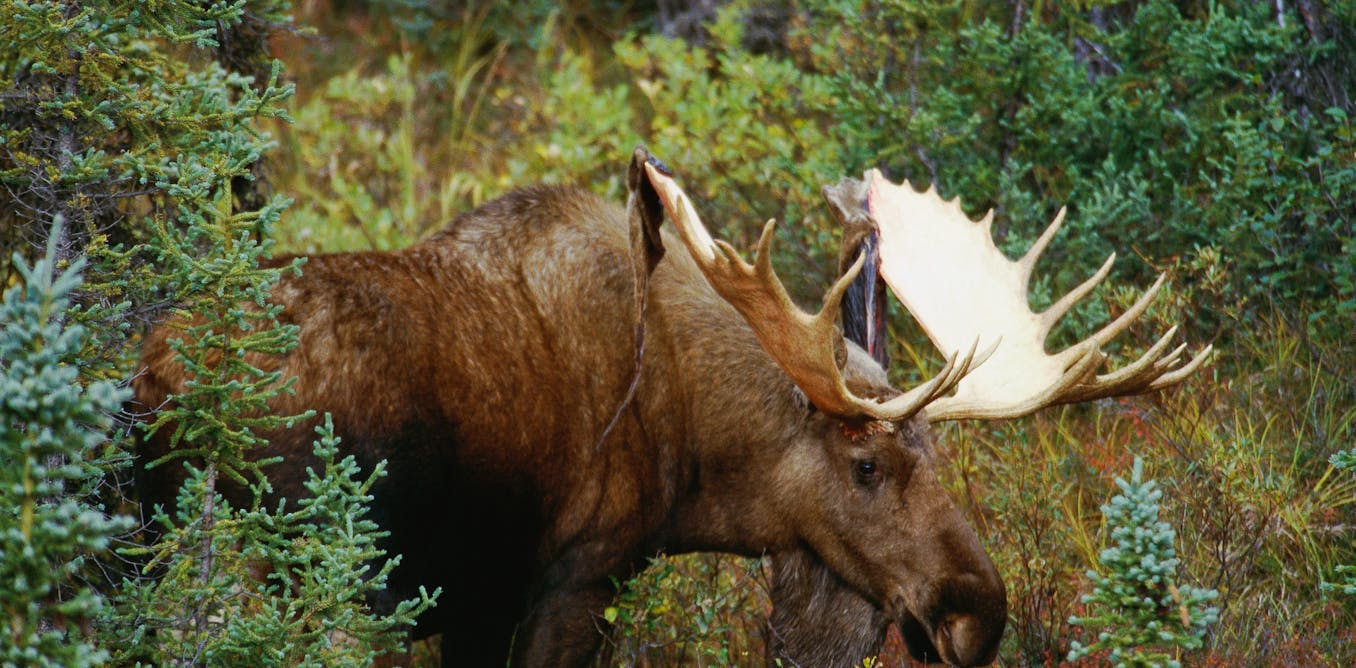


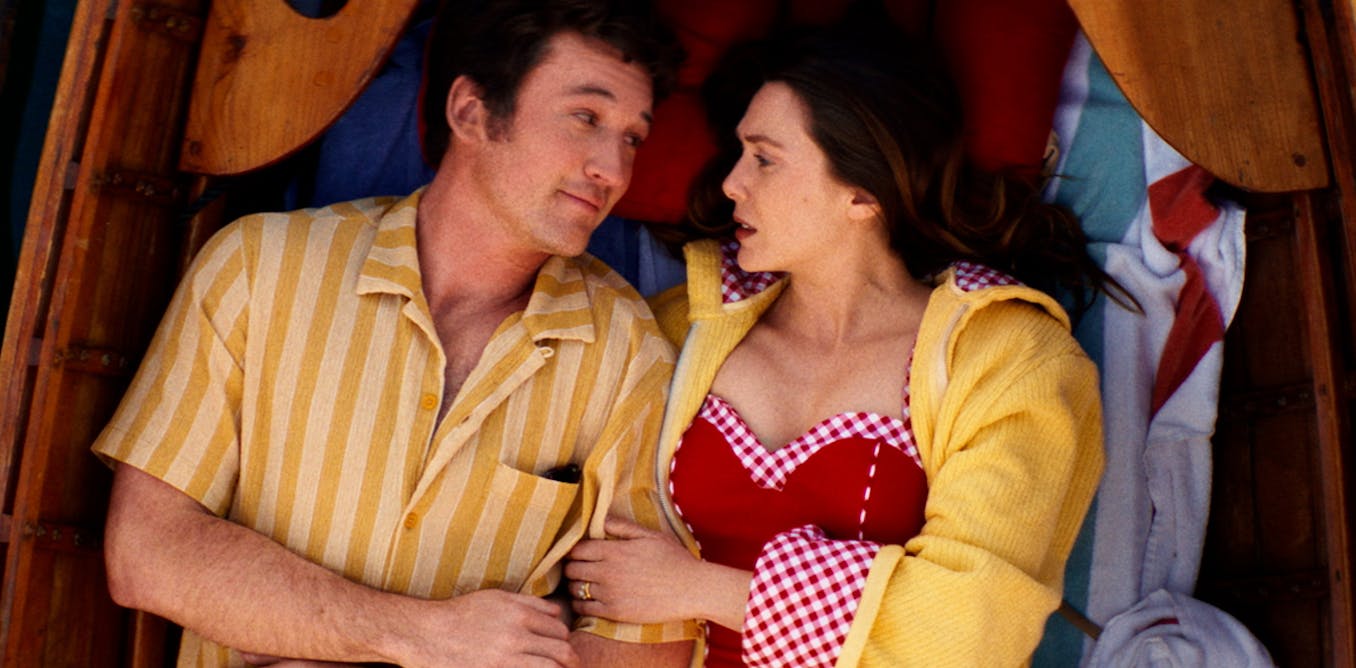

Leave a Reply